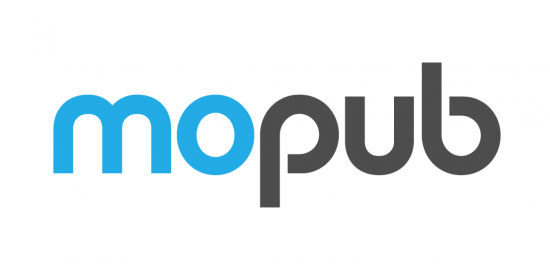MoPub, a startup that helps mobile publishers manage their ad inventory, has been acquired by Twitter, giving the social network another route into building its advertising business, specifically on mobile platforms.
We’re hearing that the company was acquired for $350 million in stock and that Twitter won out over other bidders like ad network Millennial Media, which itself has been making more acquisitions itself, buying JumpTap last month for $200 million. We’re also hearing that if you look at the prices that Twitter shares are trading for on secondary markets, the deal could actually be worth significantly more.
Neither MoPub, Twitter, nor Accel responded to immediate requests for comment. (Update: both MoPub and Twitter have now confirmed the deal, but not the price. MoPub will continue to work with multiple publishers under its new owner, opening up the possibilities of how Twitter intends to grow its own position in the world of mobile advertising.)
If accurate, the deal is a significant acquisition for Twitter, which has been sharpening its focus on revenue generation — specifically by running advertising across its platform in the form of promoted Tweets, ad retargeting services and more.
A MoPub deal would help Twitter specifically in the area of mobile advertising, an area where Twitter appears to be doing quite well already. Last year, Twitter started to make more money out of advertising running on its mobile platform than it did on its desktop product, according to this report in the WSJ based on stats from eMarketer. Twitter declined to comment directly on this trend or how much this signifies in actual revenue.
MoPub as a business works with a number of publishers to help them maximise sales and performance on their mobile ad inventory. For now, it’s unclear whether a Twitter deal would mean that Twitter would become the exclusive customer, so to speak, of this technology, or whether Twitter would use it as a way of branching out its own social graph on to other sites, and other Twitter clients. Given the reports that Twitter has been positioning itself to offer more location-based advertising, MoPub’s own activities in the area of location-based mobile advertising make sense as a good fit for that strategy.
Twitter itself notes that it will “continue to invest in and improve” MoPub’s “core business,” specifically in the area of native advertising “across the mobile ecosystem through the MoPub exchange.” It will also use MoPub’s technology specifically like a dedicated client as well: “We also plan to use MoPub’s technology to build real-time bidding into the Twitter ads platform so our advertisers can more easily automate and scale their buys,” Twitter’s ad head Kevin Weil notes. “Our approach is to show an ad when we think it will be useful or interesting to a user, and that isn’t changing.”
The latter is a particularly interesting idea that furthers the idea of Twitter itself as a platform, and as a wider big data/adtech player.
MoPub was founded three years ago by Bryan Atwood, Nafis Jamal, and CEO Jim Payne, who previously worked together at Google-owned mobile ad network AdMob. They were incubated at AngelPad and raised money from AdMob-backer Accel Partners, along with Harrison Metal Capital, Jafco Ventures, and others. They raised about $18.5 million total.
The company’s products include the MoPub Marketplace, a real-time bidding exchange that helped advertisers bid for impressions the moment they became available. Back in May, the company said that it has reached a $100 million revenue run rate. A source familiar with the business said the company has about a 25 percent gross margin. MoPub customers include WordPress, Flixster, Ngmoco, and OpenTable.
Over the past few months, the company has also been rolling out updates aimed at making it easier for MoPub publishers to manage ads from multiple networks.
Update: CEO Jim Payne talked to me briefly about the deal, saying that he will become Twitter’s vice president of exchange. When I asked about how MoPub’s publisher business would fit in at Twitter, he compared it to Google and its ad acquisition DoubleClick: “Google was doing a great job monetizing their own properties, but in order to really be a significant player with scale, breadth, reach, and frequency [on other sites], they needed DoubleClick. We can provide that level of scale and breadth to the Twitter folk.”
He declined to comment on whether he’d been fielding offers from other companies, except to say, “Suffice it to say we’re really thrilled about the deal. It was a pretty easy decision to make.”
